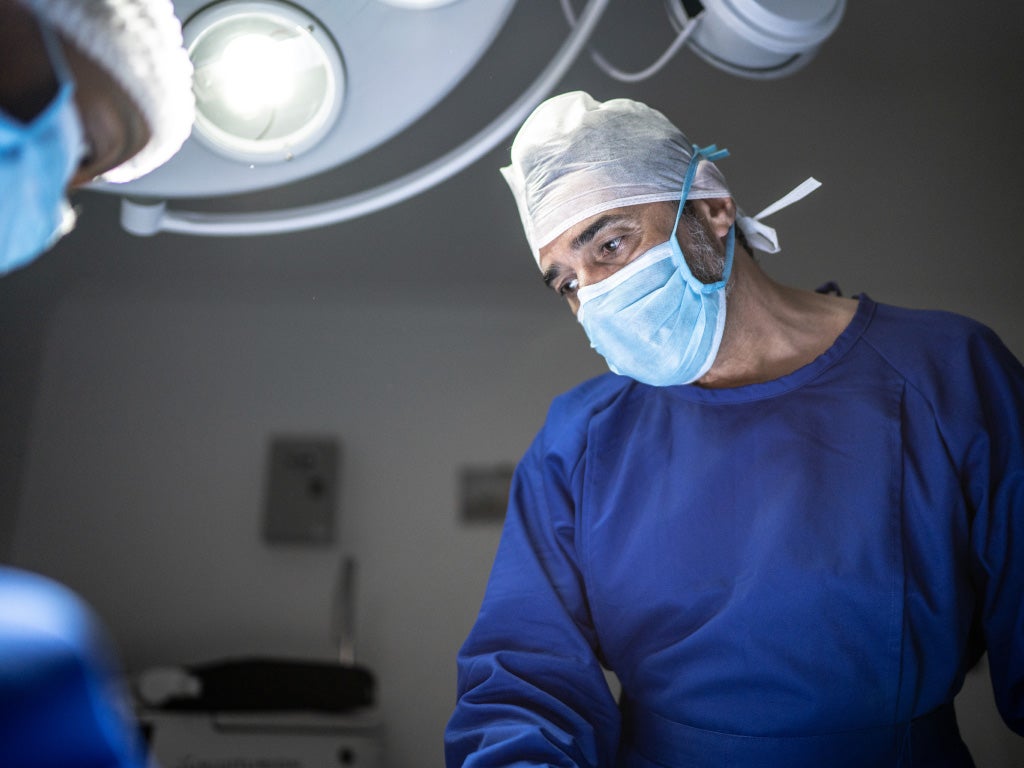
Neurosurgeon was not negligent in recommending conservative treatment, even though later surgery was successful
Monday, 17 April 2023
Key messages from the case
A surgeon’s duty of care includes giving clear advice about the risks of surgical intervention and providing a recommendation about the preferred course of treatment. Doctors are not required to refer to another surgeon who may attempt surgery if the surgery is not accepted by peer professional opinion as competent professional practice at the time.
Details of the decision
11-year-old patient, Daniel, was diagnosed with a brain tumour with leptomeningeal metastases in 1996.
Neurosurgeon Dr L advised that the risks of surgery outweighed the benefits at the time, given his symptoms were relatively mild. The tumour appeared benign and slow growing and did not pose an immediate threat to his life. He advised the best approach was to treat conservatively and observe. He referred Daniel to oncologist Dr B.
In June 2000, Daniel was referred to Dr Z who agreed to operate and was able to remove around 98% of the tumour. He advised Daniel’s solicitors that surgery should have been performed earlier.
Daniel sued Dr L and Dr B. He claimed that even if in their opinion, risks of surgery outweighed benefits, they should have advised him earlier that surgery was a treatment option that other surgeons, acting reasonably, would agree to perform with appropriate patient consent.
At the time of the decision, Daniel had hemiplegia with no other symptoms.
Informed consent
On the evidence, the court found that the neurosurgeon, Dr L, did have a duty to advise that surgical removal of the tumour was the preferred course of action for treating the tumour.
The court also found as a fact that Dr L had given this advice.
Dr L also had an obligation to give ‘frank advice’ of the risks of resection at the time and in all the circumstances-which he had done. It was appropriate for him to offer his opinion and advise against surgery.
Duty to refer
The court accepted defence expert evidence that surgery at the time would have carried a high risk of neurological deficit, and given Daniel’s relatively good circumstances it would not have been a reasonable choice at the time.
It was not reasonable to expect Daniel’s doctors to refer him to another surgeon to attempt surgery because;
- There was insufficient evidence from either experts or contemporaneous literature that any surgeons were performing surgery on such tumours at the time – so it would be unreasonable “to impose a duty to advise that an unnamed and unknown surgeon somewhere in the world, acting reasonably, would have resected the tumour.”
- Given peer consensus that the risks of surgery outweighed the benefits in this case, any surgeon who attempted resection would not have been acting reasonably and would not have conformed to a standard of reasonable care and skill required of a neurosurgeon.
Reasonable care and skill
It was not in dispute that both Dr L and Dr B’s treatment conformed to a standard of reasonable care and skill which would be required of the ordinary skilled person exercising or professing to have their respective special skills. They both acted in accordance with a practice accepted at the time as proper by a responsible body of medical opinion.
The fact that surgery was successfully performed in 2000, did not justify a finding that it should have been attempted earlier.
Expert opinion
The court was not persuaded by Dr Z’s view that he would have proceeded to resect the tumour earlier. It found he had not provided any reasons other than to say that at the time he and other surgeons were performing such surgery. Having accepted evidence that Daniel’s condition was relatively stable at the time, the court was not persuaded by Dr Z’s claim that Daniel was dying and in extremis and surgery was required at the time.
Causation
The court also considered the issue of causation and whether earlier surgery would have avoided Daniel’s current disabilities.
Given the state of knowledge at the time, the leptomeningeal metastases also required treatment, and the preferred treatment was chemotherapy. This would have been required in any event – even if surgery had been performed earlier.
The evidence indicated that the conservative treatment was appropriate and had been beneficial.
There was no evidence that the tumour had grown considerably in the years between diagnosis and eventual surgery. It was likely that the disabilities Daniel experienced were a result of the surgery and would have occurred regardless of when the surgery was performed.
Outcome
No negligence.
Key lessons
As a surgeon, your duty of care involves giving clear advice about the risks of surgical intervention and giving your recommendation about the preferred course of treatment.
Patients have a right to seek a second opinion, and you are required to facilitate this. However you are not required to refer to another doctor for treatment that would not be accepted by peer professional opinion as competent professional practice at the time.
References and further reading
Avant – Capacity: the essentials
Avant – Managing patient expectations
More information
For medico-legal advice, please contact us here, or call 1800 128 268, 24/7 in emergencies.
The case discussed in this publication is based on a real case. Certain information has been de-identified to preserve privacy and confidentiality. The information in this article does not constitute legal advice or other professional advice and should not be relied upon as such. It is intended only to provide a summary and general overview on matters of interest and it is not intended to be comprehensive. You should seek legal or other professional advice before acting or relying on any of its content.
More ways we can help you
Our CPD courses for Avant members
Tick off some CPD hours and learn more with our in-depth eLearning courses, free for Avant members. Our courses include education activities, reviewing performance and measuring outcomes.



